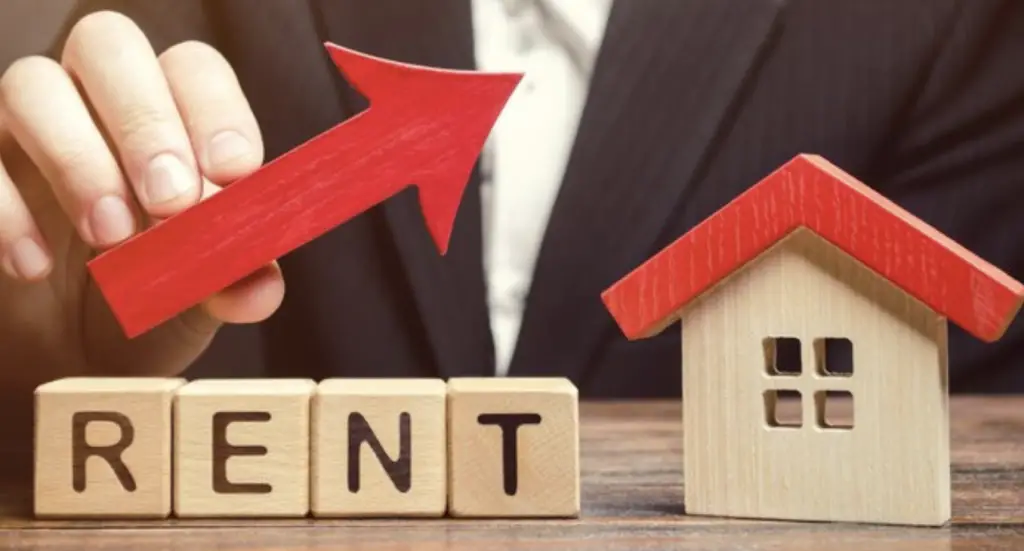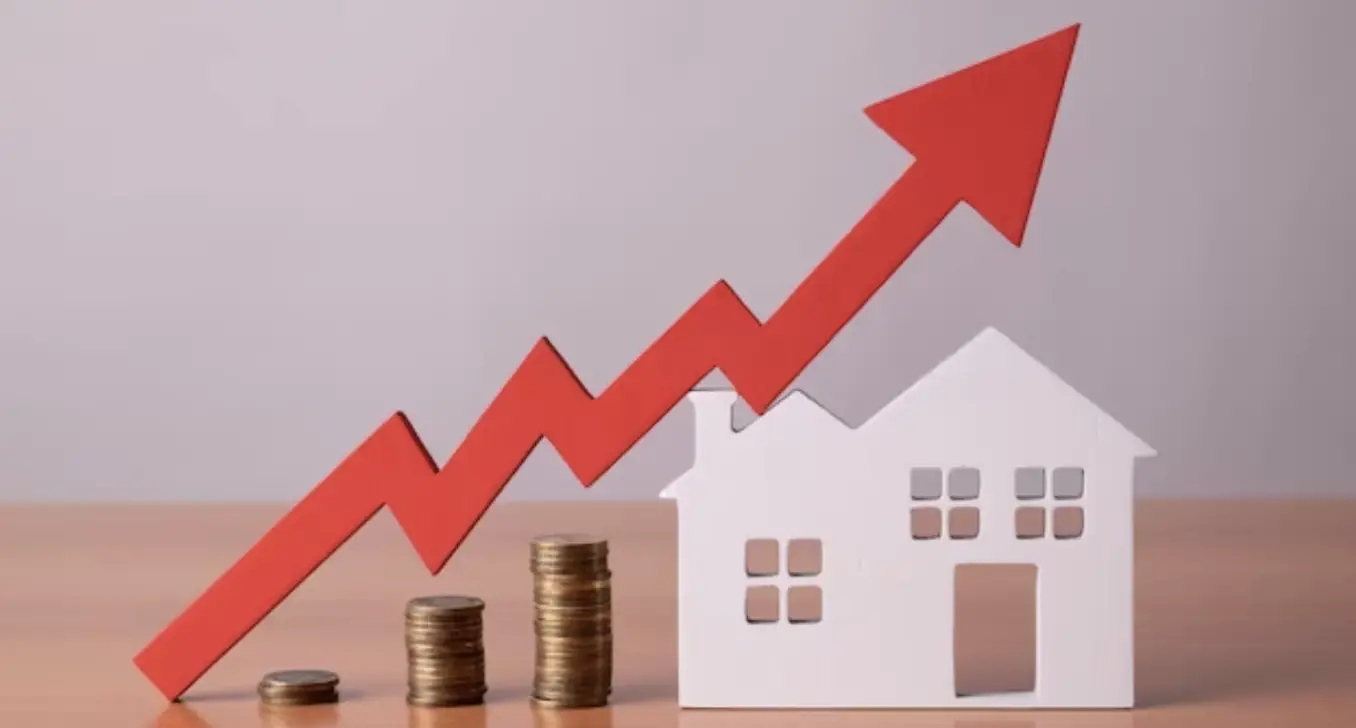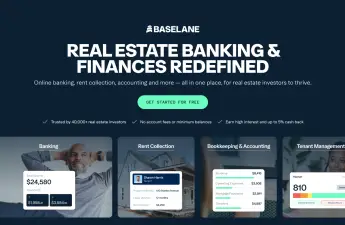Talking to tenants about rent increases is one of the hardest things for me to do. It makes me uncomfortable and I find myself dreading any upcoming conversations about it. However, if you own rental property long enough, it is something you inevitably have to do. If you also have a hard time with these conversations, remind yourself it’s not just about the numbers; it’s about conveying the message with honesty, understanding, and professionalism.
In this article, we explore practical ways for landlords to talk about rent hikes that are easy to understand, empathetic, and respectful. We also shed light on the importance of the net operating income (NOI) calculator and share tips on how to increase NOI. By following these guidelines, you can promote positive and trusting relationships with your tenants, making the process of rent adjustments smoother for everyone involved.
Understanding the Need for Rent Increases
Rent hikes become necessary due to various factors. First, increasing expenses due to maintenance and property-related costs can prompt landlords to adjust rents to sustain the property’s upkeep. Additionally, investments in property improvements, aimed at enhancing living conditions, contribute to the need for a rent increase. Market conditions also play a crucial role. If the overall cost of living or property values rise, landlords may adjust rents to align with these changes.
Rent increases significantly impact a landlord’s net operating income (NOI) and the property’s financial health. Higher rents directly contribute to an improved NOI, allowing landlords to cover rising expenses and make essential property enhancements. This, in turn, boosts the overall financial health of the property, ensuring its sustained well-being.
Utilizing a Net Operating Income Calculator
Use a net operating income calculator to evaluate the financial feasibility of rent hikes. Input current rental income, operating expenses, and property value to assess NOI. Compare this figure with potential rent increases to gauge the impact on profitability.
A positive NOI difference indicates financial viability, supporting informed decisions on adjusting rents. This tool serves as a practical guide for landlords, ensuring a systematic and data-driven approach when considering rent adjustments and creating transparency in the decision-making process.

Crafting a Rent Increase Notice
Crafting a clear, concise, and legally compliant rent increase notice requires careful consideration. Follow these step-by-step instructions on how to write a rent increase notice to ensure an effective communication process:
Header
Begin with a clear and prominent header that includes your name or property management company’s name, contact details, and the date.
Tenant Information
Address the notice directly to the tenant, including their full name, address, and any other relevant identifiers.
Opening Statement
Start with a polite and straightforward opening statement, acknowledging the tenant and expressing appreciation for their tenancy.
Reasons for Increase
Clearly state the reasons for the rent increase, such as rising costs, property improvements, or market conditions. Provide specific details to enhance transparency.
Effective Date
Clearly mention the effective date of the rent increase. Typically, this is 30 days from the date of the notice, but local regulations may vary.
New Rent Amount
Clearly state the new rent amount and how it was calculated. If applicable, specify the frequency of payments (monthly, quarterly, etc.).
Legal Compliance
Ensure the notice complies with local rent control laws and regulations. Include any required legal language and disclosures to prevent legal issues.
Contact Information
Provide your contact information and encourage tenants to reach out with any questions or concerns. Demonstrating openness promotes a positive landlord-tenant relationship.
Proof of Notice
Keep a copy of the notice and consider sending it via a method that provides proof of delivery, such as certified mail.
Seek Legal Advice
If unsure about legal requirements or tenant rights, seek legal advice to ensure the notice complies with all relevant laws.
Choosing the Right Timing and Method of Communication
Selecting the right timing for communicating rent increases is crucial for maintaining positive tenant relations. Offering sufficient notice, ideally well before the lease renewal date, allows tenants time to adjust their budgets and consider their options. This proactive approach demonstrates respect for their financial planning and creates transparency in the landlord-tenant relationship.
Choosing the most effective communication method is equally vital. Written notices provide a formal record and can be sent via mail or email, offering a documented trail of communication. However, for a more personal touch, face-to-face meetings can be beneficial, allowing landlords to address concerns directly and showcase empathy.
Whichever method is chosen, clarity and professionalism in the message are paramount, ensuring tenants understand the reasons behind the increase and feel heard in the process.
Providing Context and Explanation
Providing context and a comprehensive explanation for rent increases is essential to foster tenant understanding and maintain a positive landlord-tenant relationship.
Transparency is key. Explaining factors like rising operational costs, property improvements, or shifts in market conditions helps tenants grasp the necessity of the adjustment. Clearly communicating the landlord’s perspective enhances trust and reduces uncertainty, making tenants more receptive to the changes.
To effectively convey the rationale behind the rent hike, landlords can outline how property improvements enhance the overall living experience. So tenants may better appreciate the correlation between the increase and the improved property value.
How to increase rent fairly and reasonably? Consider gradual adjustments rather than sudden spikes, allowing tenants to adapt to the changes. Additionally, offering added value, such as improved amenities or services, helps balance the financial impact. Providing a breakdown of cost increases and being open to negotiations where possible demonstrates a commitment to fairness, contributing to a smoother transition and fostering a cooperative and transparent landlord-tenant relationship.
Addressing Tenant Concerns and Questions
When addressing tenant concerns about rent increases, empathy and clear communication are vital. Acknowledge affordability worries by offering flexible payment plans or discussing potential cost-saving measures. Clearly explain lease terms and provide a breakdown of the rationale behind the increase to address uncertainties.
Actively listen to tenant feedback and concerns, creating a space for open communication. If possible, consider negotiating aspects like the timing or magnitude of the increase. Showing understanding and a willingness to find mutually beneficial solutions strengthens the landlord-tenant relationship.
To alleviate concerns, consider organizing information sessions or Q&A sessions where tenants can express their worries. By fostering an environment of transparency and empathy, landlords can mitigate tenant anxieties, paving the way for a more collaborative and understanding living arrangement.
Fostering Open Communication Channels
Landlords should cultivate open communication channels beyond rent matters to build trust. Create an environment where tenants feel at ease discussing concerns. Regularly check in, listen actively, and promptly address issues.
Transparent communication about property updates and future plans fosters a positive landlord-tenant relationship. Consistent dialogue ensures tenants feel valued, enhancing overall satisfaction and cooperation in the rental partnership.
Landlord Gurus Takeaway
Navigating rent increases demands a thoughtful approach rooted in empathy, transparency, and professionalism. Communicating the reasons behind rent adjustments, addressing tenant concerns, and enabling open dialogue are crucial.
Landlords must prioritize clear and considerate communication to maintain positive relationships and ensure the long-term success of their rental properties.

Disclosure: Some of the links in this post are affiliate links and Landlord Gurus may earn a commission. Our mission remains to provide valuable resources and information that helps landlords manage their rental properties efficiently and profitably. We link to these companies and their products because of their quality, not because of the commission.





THANK YOU